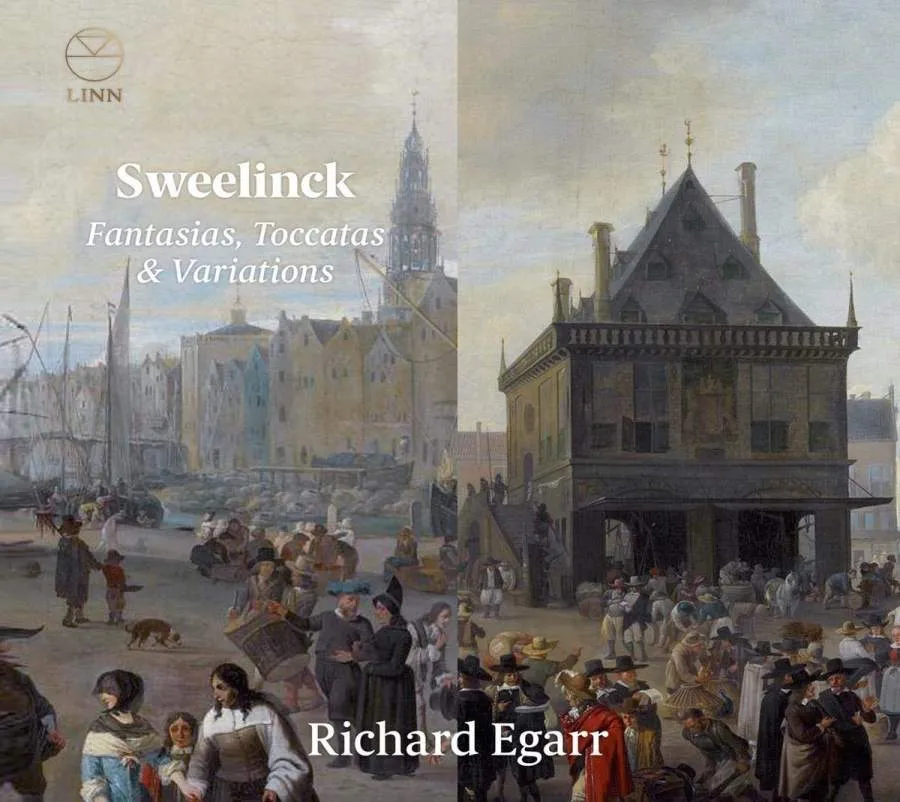
Sweelinck Praeludium Toccata; Phantasia à 4; Paduana Lachrimae; Toccata Primi Toni; Fantasia cromatica; Toccata; Est-ce Mars; Fantasia; Mein junges Leben hat ein End; Ut re mi fa sol la Richard Egarr (harpsichord) Linn CKD 589 76:13 mins
Sweelinck’s music does not enjoy the frequent appearances on disc that it merits. He was one of the most celebrated organists of his day, as his recitals at Amsterdam’s Oude Kerk testify. Additionally, he was a noted teacher, numbering Samuel Scheidt among his pupils. Of greater note, in the context of Richard Egarr’s harpsichord recital, is Sweelinck’s fluent knowledge of English styles, partly acquired through his acquaintanceship with John Bull and Peter Philips, both of whom lived in the Netherlands. This influence can be felt, intermittently throughout Egarr’s programme, which consists of a well-contrasted miscellany, including Toccatas and Fantasias.
The best-known pieces on the disc are the Fantasia cromatica, the Pavana Lachrimae based on Dowland’s song ‘Flow, my teares’ and the Est-ce Mars variations on a secular song. The art of variation often reveals Sweelinck at his most appealing, at the same time bringing to mind the English virginalists. The Toccatas and Fantasias, on the other hand, perhaps more often recall the late 16th-century Italian composers.
Egarr’s playing is full of energy and insight, his rhythmic sense is invigorating and his enjoyment of the music evident in his often exuberant virtuosity. The full-bodied sound of his harpsichord, a copy after Ruckers, is sympathetically captured, and Sweelinck’s almost ever-present counterpoint is argued with clarity and an assured feeling for the idiom. My only regret is that, in the course of an engaging essay, Egarr has managed to avoid any mention at all of the pieces he plays so well.
Nicholas Anderson